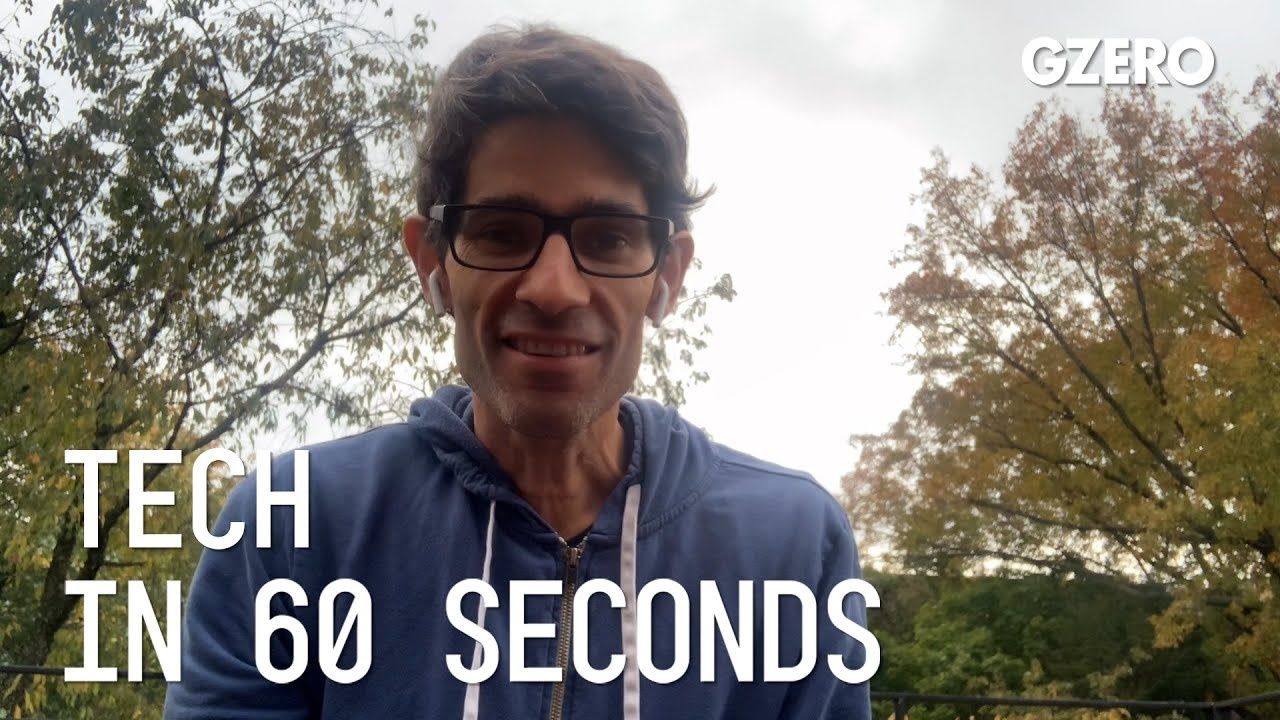
Nicholas Thompson, editor-in-chief of WIRED, helps us make sense of today's stories in technology:
What are the biggest tech questions that will be facing the next president after the election and will they do anything about them?
I think the biggest question might be the digital divide. In an era of the pandemic where schools are online, medicine is moving online, work is moving online. It is a tragedy that there are 160 million people in this country who do not have good broadband access. And that's a failure of policy in many, many ways. That is a huge issue. I also think the tech dynamics with China are a huge issue, and I think that figuring out the government's role in regulating and supporting startups in artificial intelligence is huge. Will the candidates do anything about them? Joe Biden might do something about the digital divide. Donald Trump has actually been okay on AI, but tech policy has been a disaster under Trump and probably won't be a priority under Biden.
What happened at the Section 230 hearings this week?
Well, one thing that didn't happen, we didn't talk about Section 230. A total missed opportunity for the Senate to actually debate and reconfigure a really important law that is foundational to the internet. But it is a partisan moment, a few days before election, and sadly, it's what I expected.